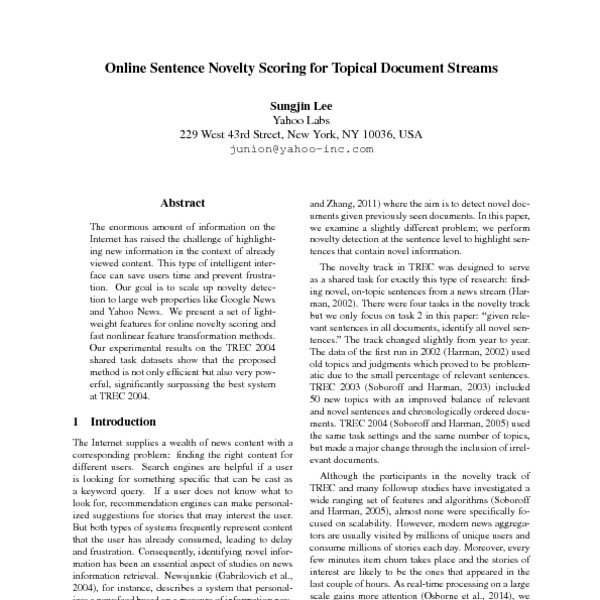We are the Best in Town With over 10 Years of Experience.
- Phone Number
- +251-910-858-302
- Yeka Sub-City, Woreda 11
Asmara Road, Addis Ababa, Ethiopia.
- Email Address
- info@addisagents.com
Recently a Cyber security analyst recently talked with a worried, individual privacy supporter about what customers can do to secure themselves from government and business monitoring. Since during the recent web era, consumers appear significantly resigned to giving up basic aspects of their privacy for convenience in using their phones and computer systems, and have reluctantly accepted that being kept an eye on by corporations and even governments is simply a fact of modern life.
 Web users in the United States have fewer privacy securities than those in other nations. In April, Congress voted to enable web service providers to gather and sell their clients’ browsing information.
Web users in the United States have fewer privacy securities than those in other nations. In April, Congress voted to enable web service providers to gather and sell their clients’ browsing information.
They spoke about federal government and business surveillance, and about what concerned users can do to secure their privacy. After whistleblower Edward Snowden’s discoveries concerning the National Security Agency’s (NSA) mass surveillance operation in 2013, how much has the government landscape in this field altered?
The USA Freedom Act resulted in some minor modifications in one particular federal government data-collection program. The NSA’s data collection hasn’t changed; the laws restricting what the NSA can do have not altered; the innovation that permits them to do it hasn’t changed.
People must be alarmed, both as consumers and as residents. But today, what we care about is extremely dependent on what remains in the news at the moment, and today security is not in the news. It was not an issue in the 2016 election, and by and large isn’t something that lawmakers want to make a stand on. Snowden informed his story, Congress passed a brand-new law in reaction, and people moved on.
Security is the organization design of the internet. Everybody is under consistent security by numerous business, ranging from social networks like Facebook to cellphone suppliers. Individualized marketing is how these companies make cash, and is why so much of the internet is free to users.
We’re living in a world of low federal government efficiency, and there the prevailing neo-liberal idea is that business must be free to do what they really want. Our system is enhanced for companies that do everything that is legal to maximize revenues, with little nod to morality. It’s very profitable, and it feeds off the natural home of computer systems to produce data about what they are doing. Mobile phones need to understand where everyone is so they can deliver phone calls. As a result, they are ubiquitous surveillance devices beyond the wildest dreams of Cold War East Germany.
In general, Americans tend to mistrust government and trust corporations. Europeans tend to rely on government and mistrust corporations. The result is that there are more controls over government monitoring in the U.S. than in Europe.
It seems that U.S. clients are resigned to the concept of providing up their privacy in exchange for using Google and Facebook for free. Consumers are worried about their privacy and do not like companies knowing their intimate secrets. This is why we need the federal government to step in.
In basic, security experts aren’t paranoid; they just have a much better understanding of the trade-offs. Like everyone else, they regularly offer up privacy for benefit. Site registration is an annoyance to a lot of individuals.
What else can you do to safeguard your privacy online? Do you utilize file encryption for your e-mail? Many individuals have pertained to the conclusion that e-mail is essentially unsecurable. I utilize an encrypted chat application like Signal if I choose to have a protected online conversation. By and large, email security runs out our control. There are so many individuals realize that, sometimes it might be essential to register on sites with lots of people and phony details may wish to consider yourfakeidforroblox!!!

Sadly, we live in a world where the majority of our data runs out our control. It’s in the cloud, saved by business that might not have our benefits at heart. So, while there are technical techniques people can use to protect their privacy, they’re mostly around the edges. The best recommendation I have for people is to get associated with the political procedure. The best thing we can do as customers and people is to make this a political issue. Force our lawmakers to alter the guidelines.
Pulling out does not work. It’s nonsense to tell people not to carry a credit card or not to have an email address. And “buyer beware” is putting too much onus on the individual. Individuals don’t check their food for pathogens or their airlines for security. The government does it. The federal government has stopped working in protecting consumers from web companies and social media giants. This will come around. The only reliable way to manage huge corporations is through big government. My hope is that technologists likewise get involved in the political procedure– in government, in think-tanks, universities, and so on. That’s where the real modification will happen. I tend to be short-term cynical and long-term optimistic. I do not believe this will do society in. This is not the very first time we’ve seen technological modifications that threaten to weaken society, and it will not be the last.